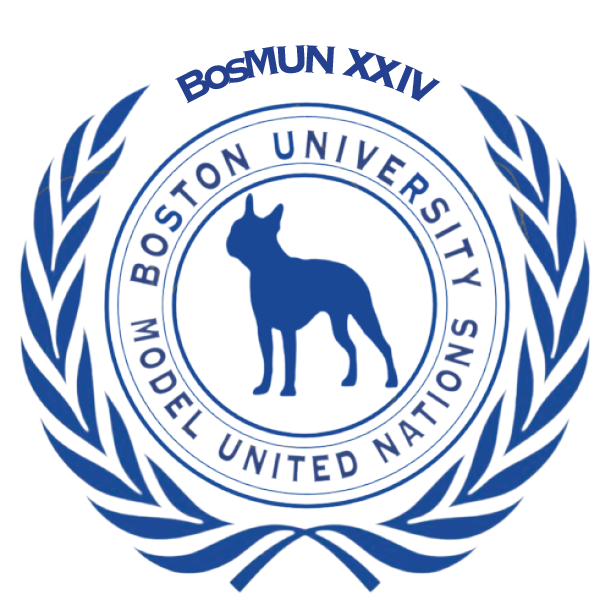This is a novice committee.
The Economic Commission for Latin America and the Caribbean is one of five regional commissions of the United Nations. The commission is composed of 52 member states and encompasses two-thirds of the world’s population, making ESCAP the most comprehensive of the five regional commissions. It was established in 1947 as the Economic Commission for Asia and the Far East (ECAFE) to assist in post-war economic reconstruction, but was renamed in 1974. The committee aims to address some of the greatest challenges facing the region through results-oriented projects, technical assistance, and capacity building to member states. ESCAP is working towards its 2030 agenda, which focuses on sustainable development. global partnership, and ensuring social and economic equality. Delegates must collaborate to discuss how to achieve these sustainable development goals amidst persisting conflicts like the Taiwanese conflict.
Topics And Questions To Consider
Topic 1: Ensuring a Just Energy Transition in the Asia-Pacific
Questions to Consider
How can countries in the Asia-Pacific ensure that the energy transition benefits all social and economic groups, including marginalized communities?
What funding mechanisms can help support a just energy transition, especially for low-income countries within the Asia-Pacific region?
How can governments address regulatory bottlenecks to incentivize renewable energy development, while protecting workers and communities affected by the transition?
What strategies can be implemented to re-skill workers from the fossil fuel industry to integrate them into the green economy?
What role should regional organizations such as ASEAN and APEC, play in facilitating a just energy transition across the Asia-Pacific?
Topic 2: Making a More Inclusive Digital Economy within the Asian-Pacific
Questions to Consider
How can we strengthen internet literacy and basic digital skills within the Asian-Pacific region when an overwhelming amount of the public lacks knowledge?
How can the digital economy be used to help solve some of the most pressing susitusataibilty issues of the region?
In what ways can a digital solutions center help coordinate digital innovation and sustainable development?
How can the use of technology help promote a greater agricultural economy within the region?



